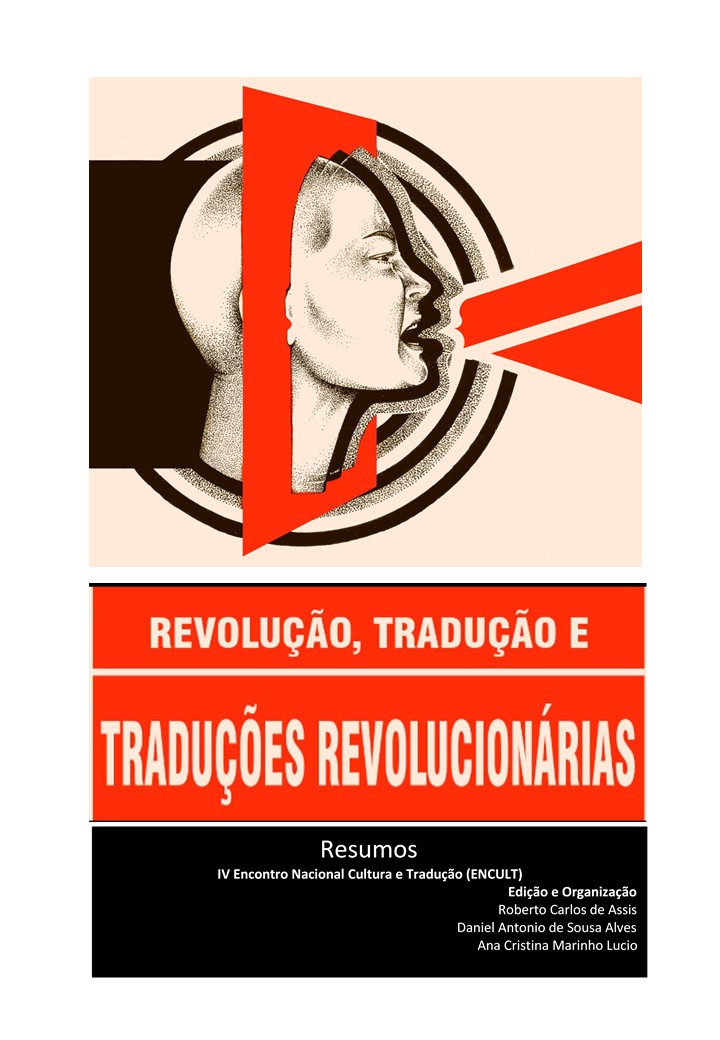QUALITY IN INTERPRETATION; AN ACTION RESEARCH BASED ON STUDENT VOICES
Resumo
Quality interpretation studies have covered a long list of variables, ranging from the expectations of different groups of users (Kurz, 1990, 2001, Cheung, 2015, Kalina, 2010) to aspects of oral language (Pradas, 2006; Vuorikoski, 2012). This type of research has led to the establishment of quality criteria in interpretation, through which guidelines, feedback sheets, and rubrics have been created, in order to assess and promote learning situations in interpreter training (Cárdenas and Delso, 2016). However, there is still a gap in the development of such instruments, since, for the most part, they are constructed from a theoretical or practical analysis focused on users, interpreter trainers and professional interpreters, and also from assessment criteria based on the intuition of trainers, but not on who are subject to them: students. Through an action research, carried out with 16 fourth-year-students of the English-Spanish Interpretation program of the Pontificia Universidad Católica de Valparaíso, quality criteria and a feedback guide based on their perceptions regarding quality in the Interpretation were developed. The main objective of this research was to determine, as it was mentioned, quality criteria according to student voices and to generate a feedback and assessment instrument based on those criteria. The action-research methodology consisted on phases and moments, according to the definition of Suarez (2002) and Yuni and Urbano (2005). This way, reflective action cycles were stablished with two strategic dimensions: discussion among the participants and practice in the social context (interpretation classes). The purpose of using this methodology, as in any action research based methodology, was to improve the relationship between the educational theory and the professional self-development (Whitehaed, 1989). The moments of this research were: a) knowing the perception of students regarding quality and feedback in interpretation training, which led to a theoretical analysis of interpretation quality; b) the establishment of quality criteria and the development of the first instrument and; c) the analysis of applying the first instrument, and the development of the definitive quality and feedback instrument. As cycles and moments were completed, results were obtained: a) in the first moment, interpretation quality focused on intuition or individual beliefs, with fidelity, terminological accuracy and communicational skills as common grounds, so, it was possible to conclude at this point that students conceived quality criteria according to the way they had been evaluated during their training process; b) in the second moment, different criteria were added, such as coherence and cohesion, terminology, accuracy of content, speech quality, stress indicators, and intentionality of the speech; c) finally, the third moment led to assessment criteria based on the topic to interpret, with criteria established by all the actors in the teaching and learning process, in order to use them in future evaluations and to give voice to those who should be the managers of their own learning process. As a result, evaluation and feedback instruments are proposed, depending on the subject area to be interpreted, with criteria established by all the actors in the teaching and learning process, in order to use them in future evaluations and to give voice to those who should be the managers of their own learning process.Downloads
Não há dados estatísticos.
Downloads
Publicado
2017-09-27
Edição
Seção
Comunicações Breves Eixo Formação de Tradutores e Tradutoras

